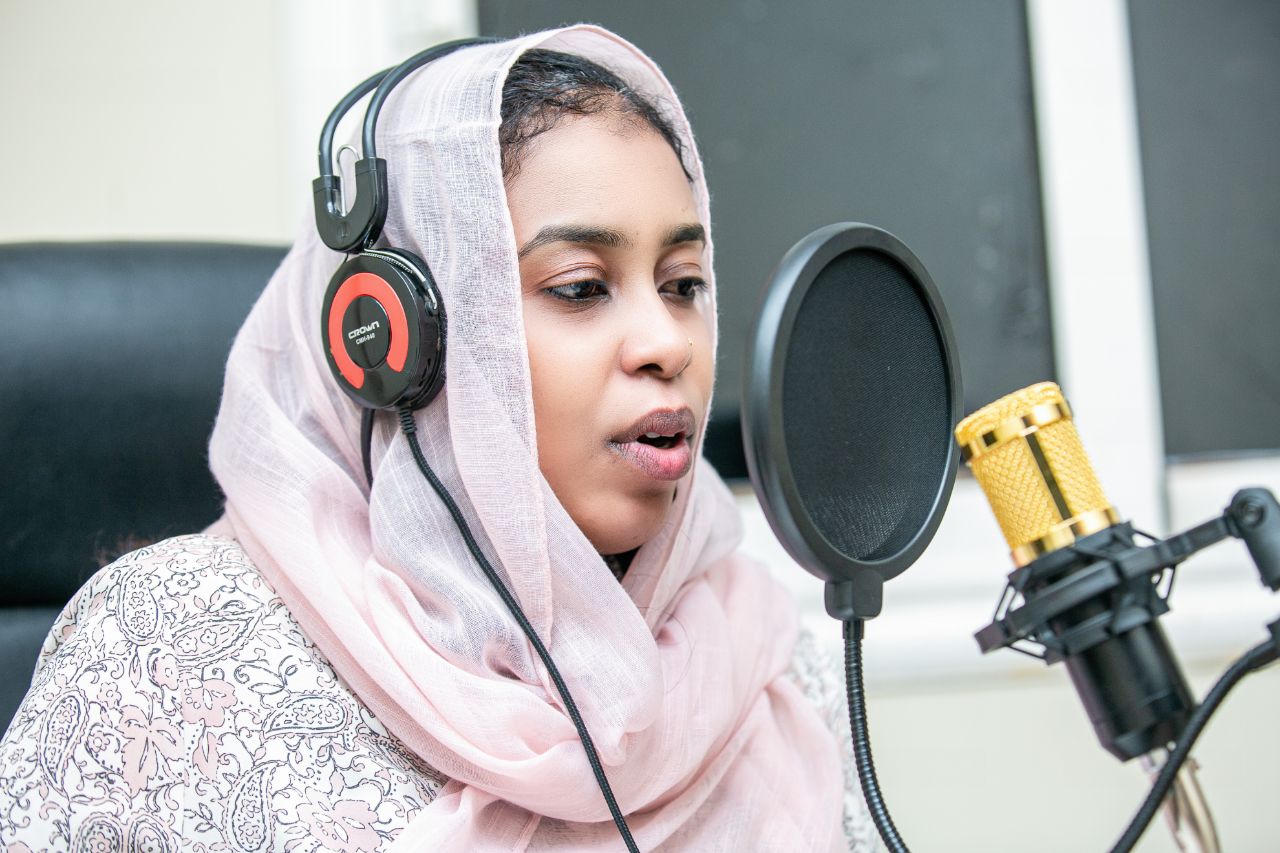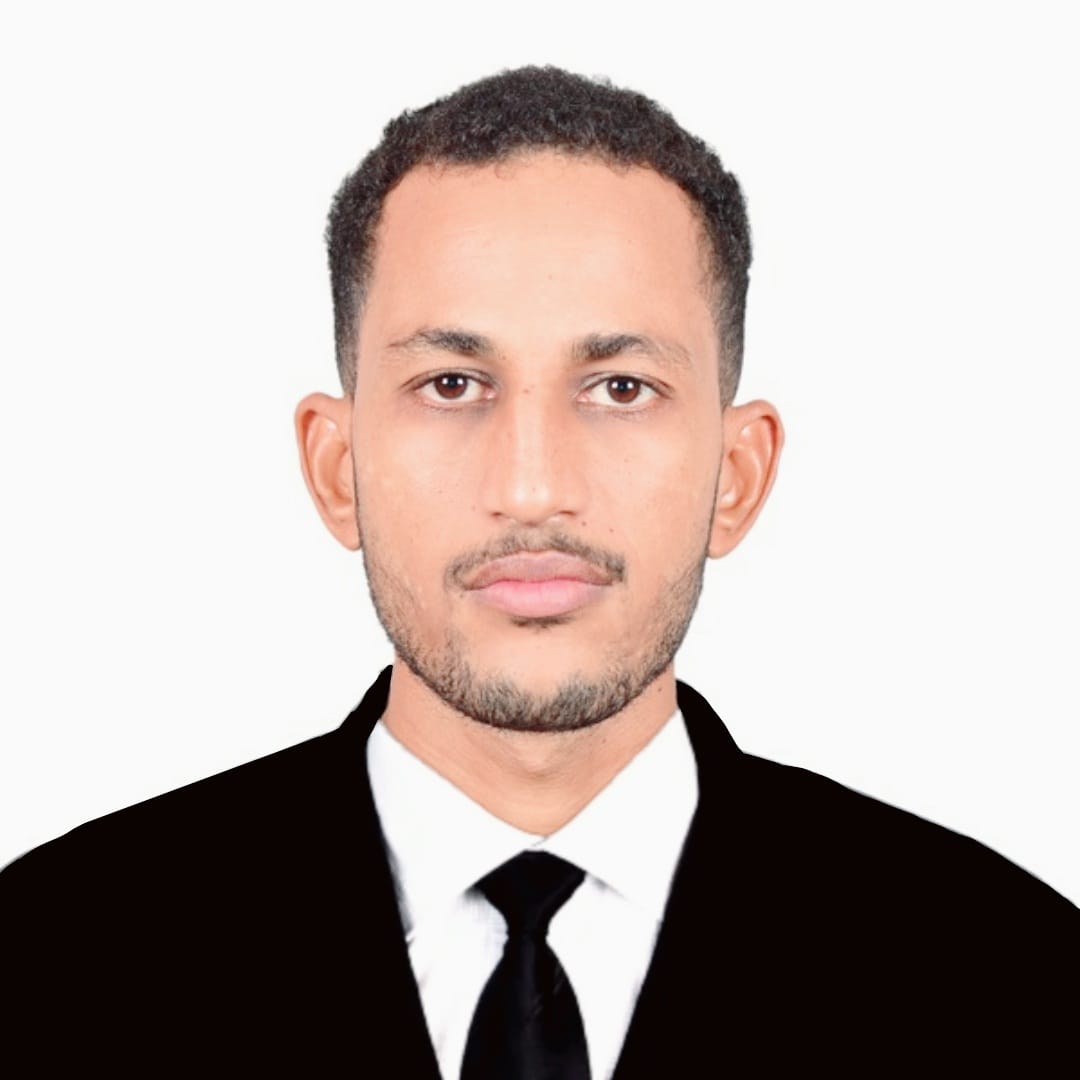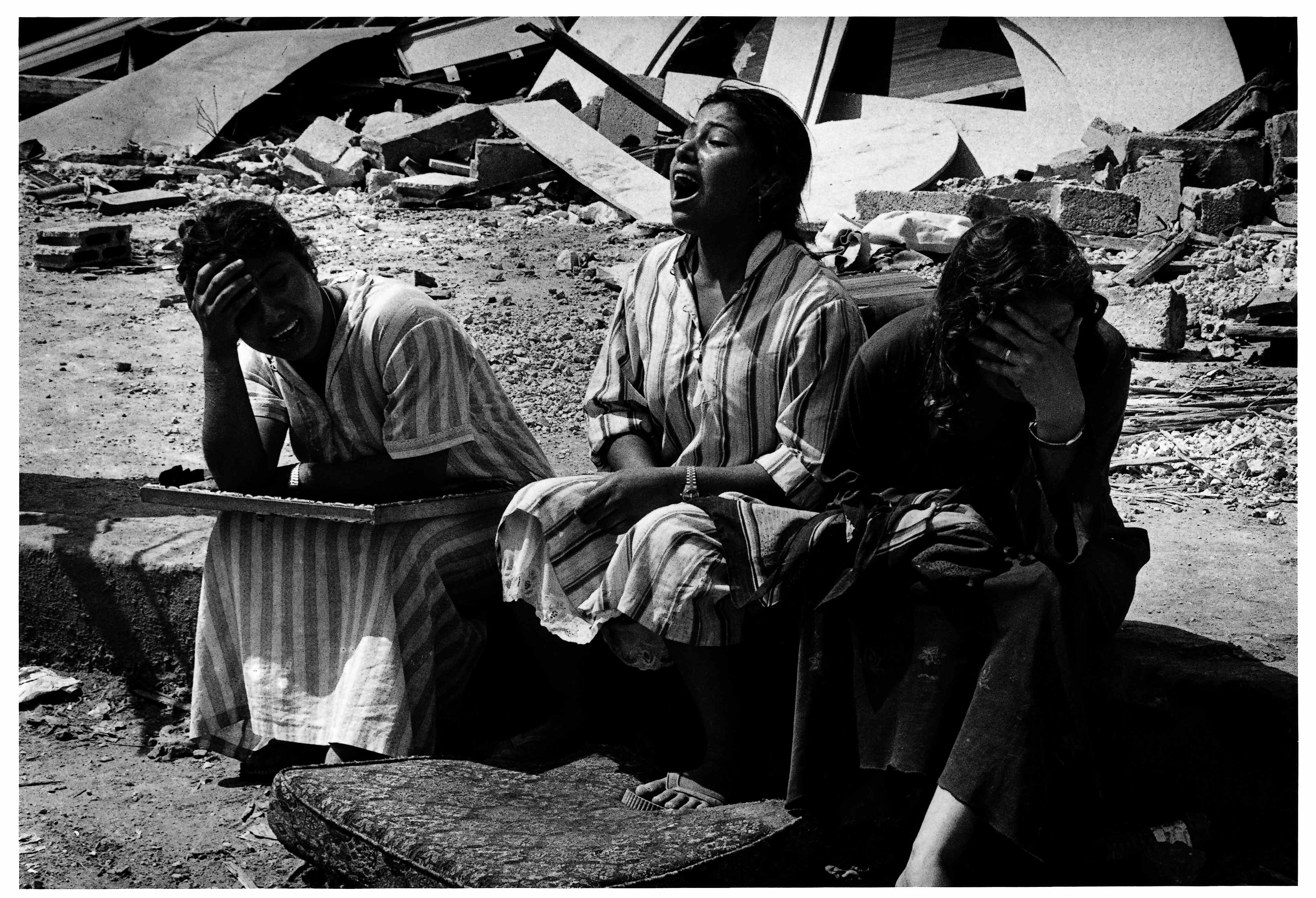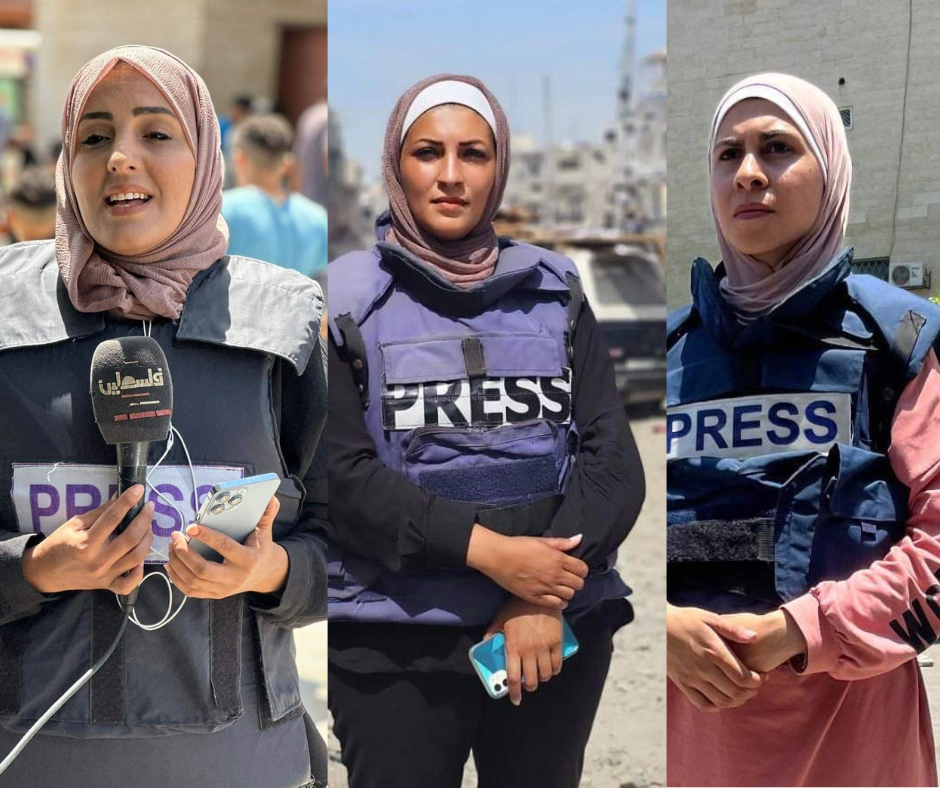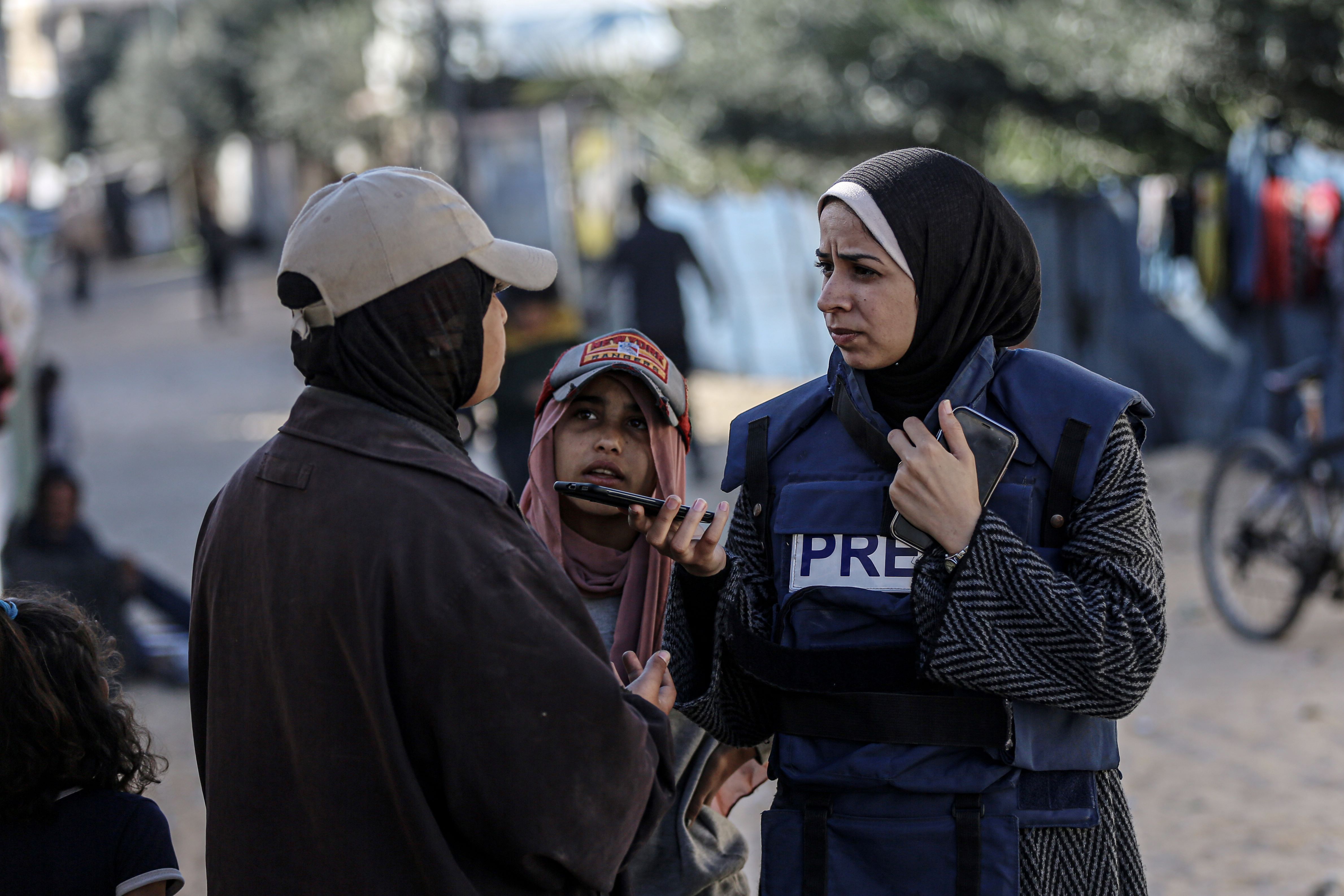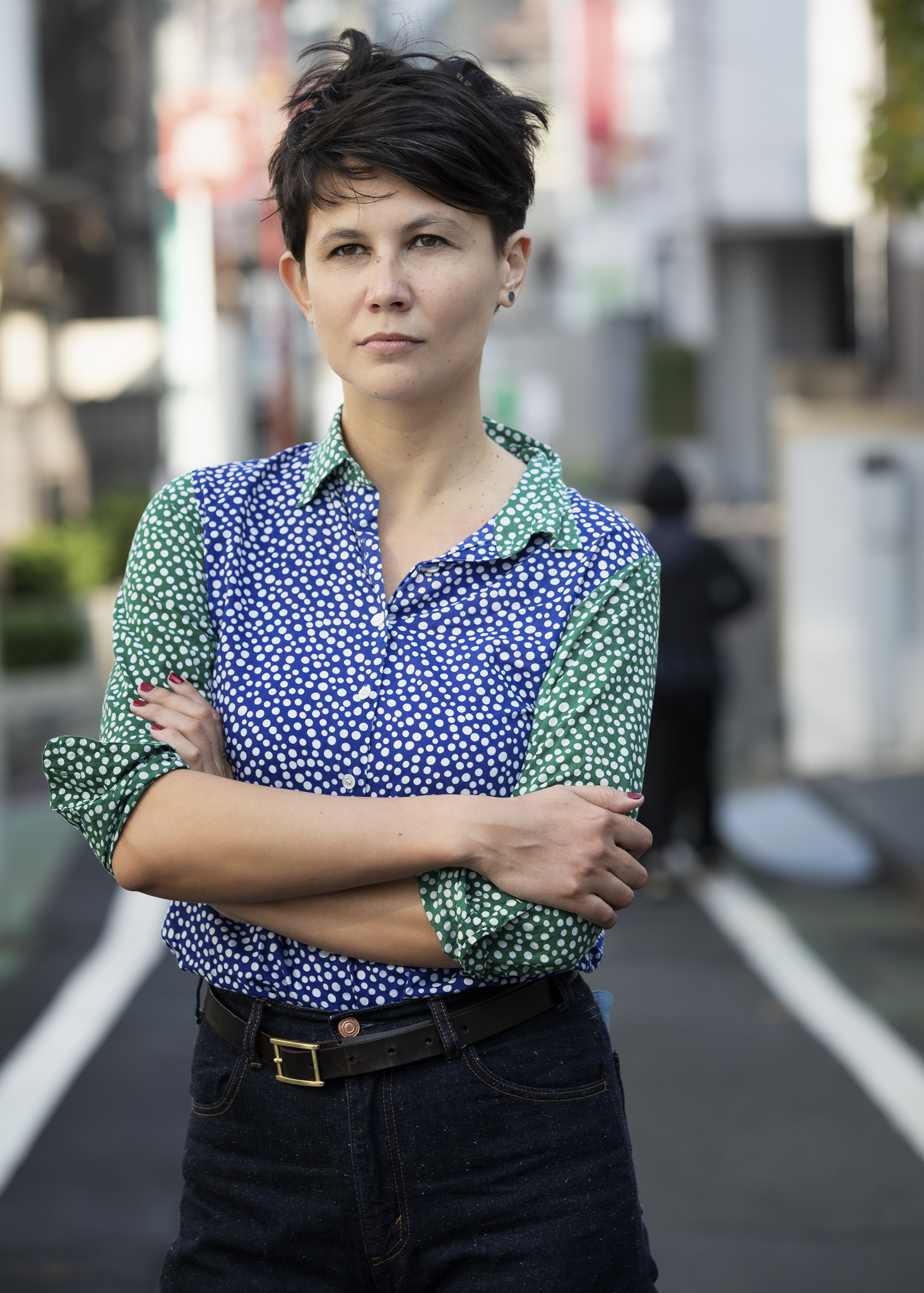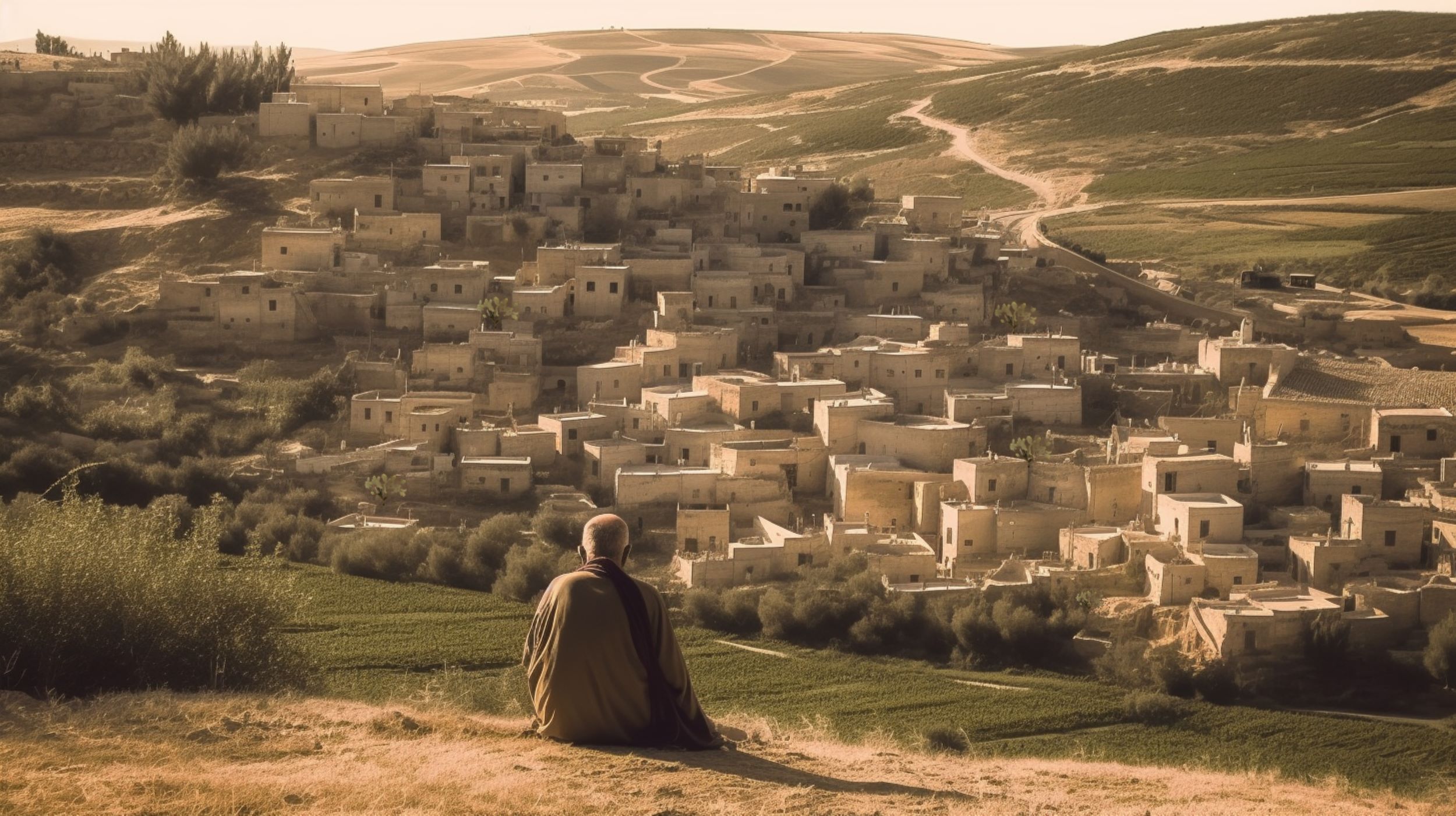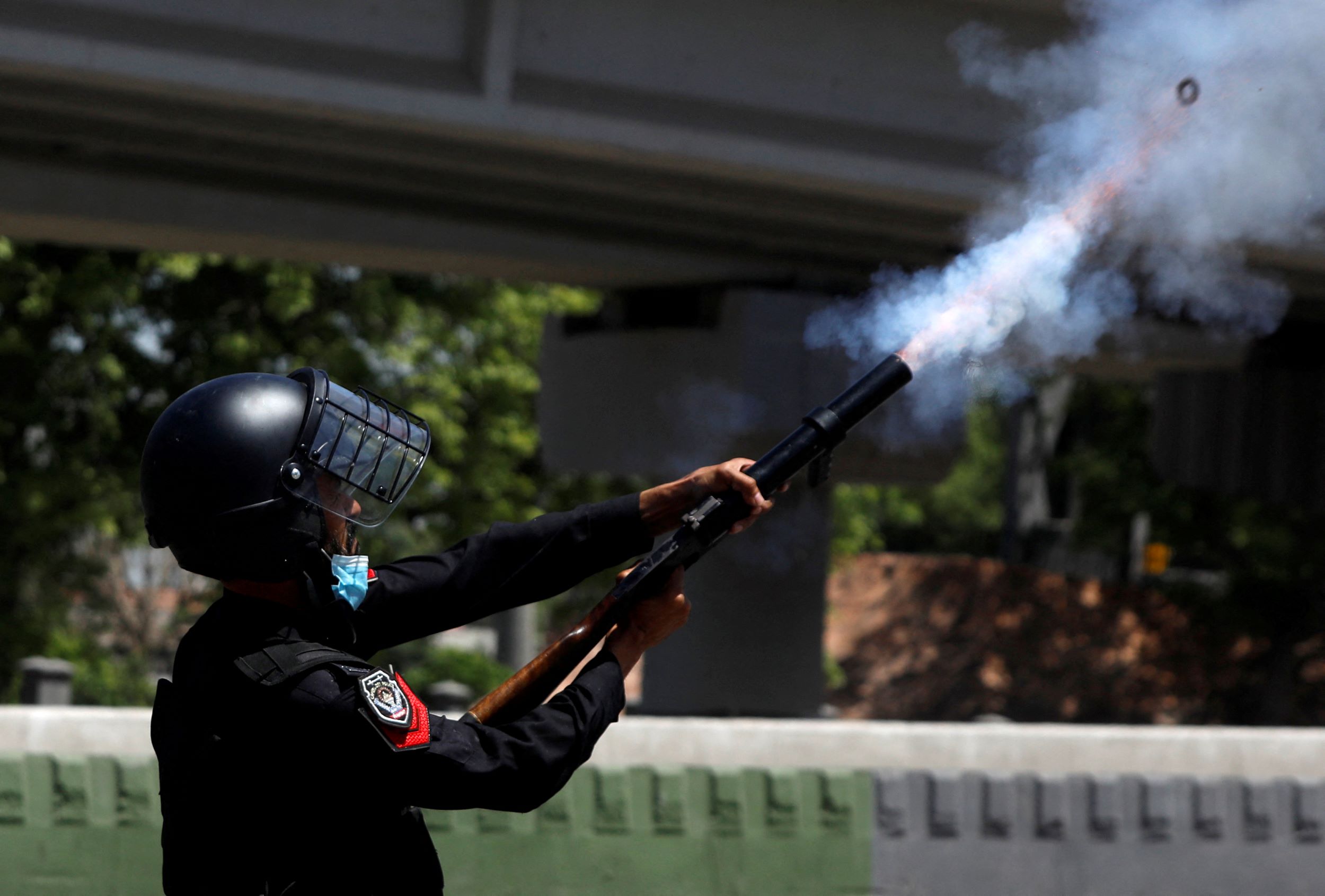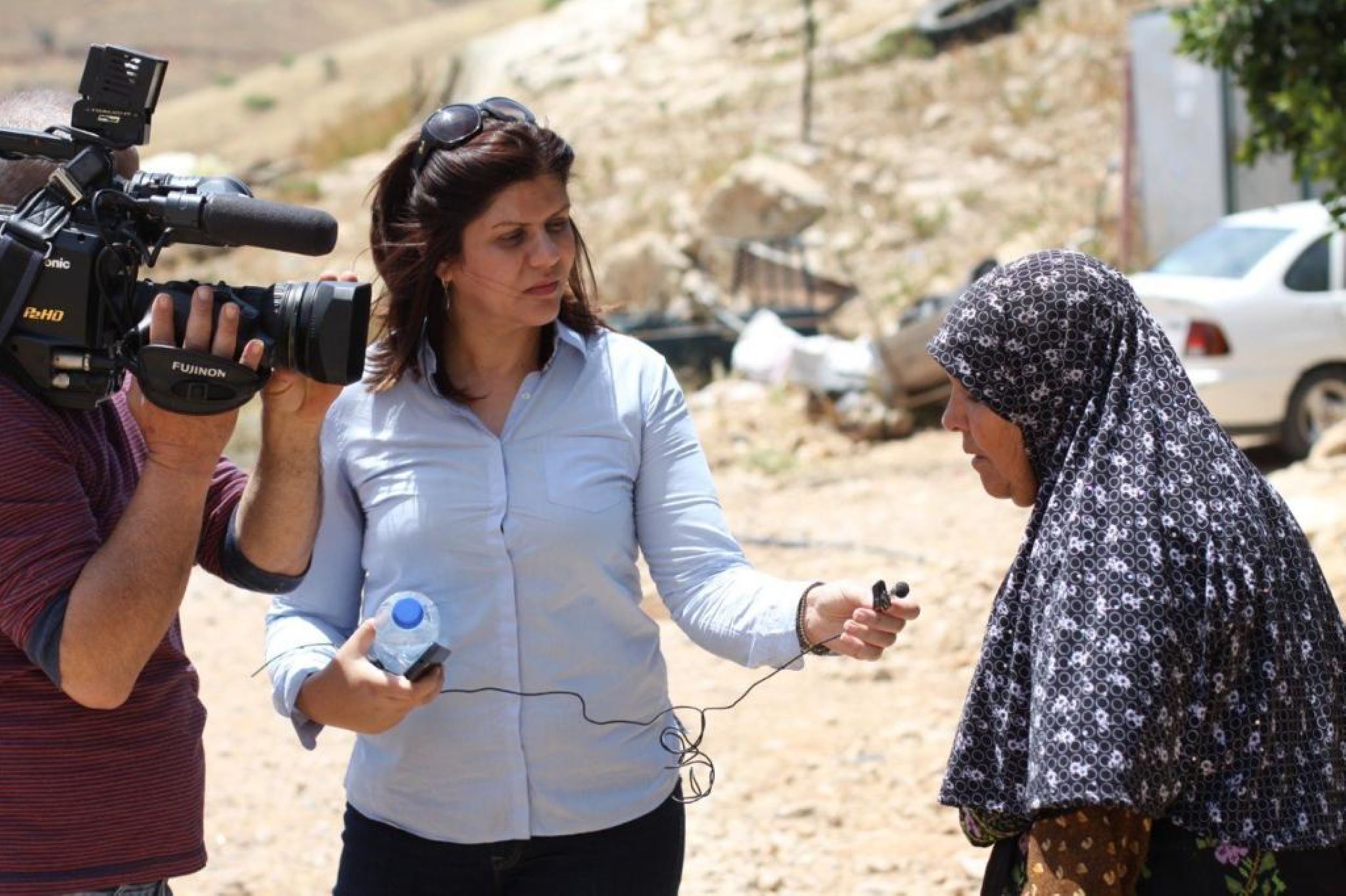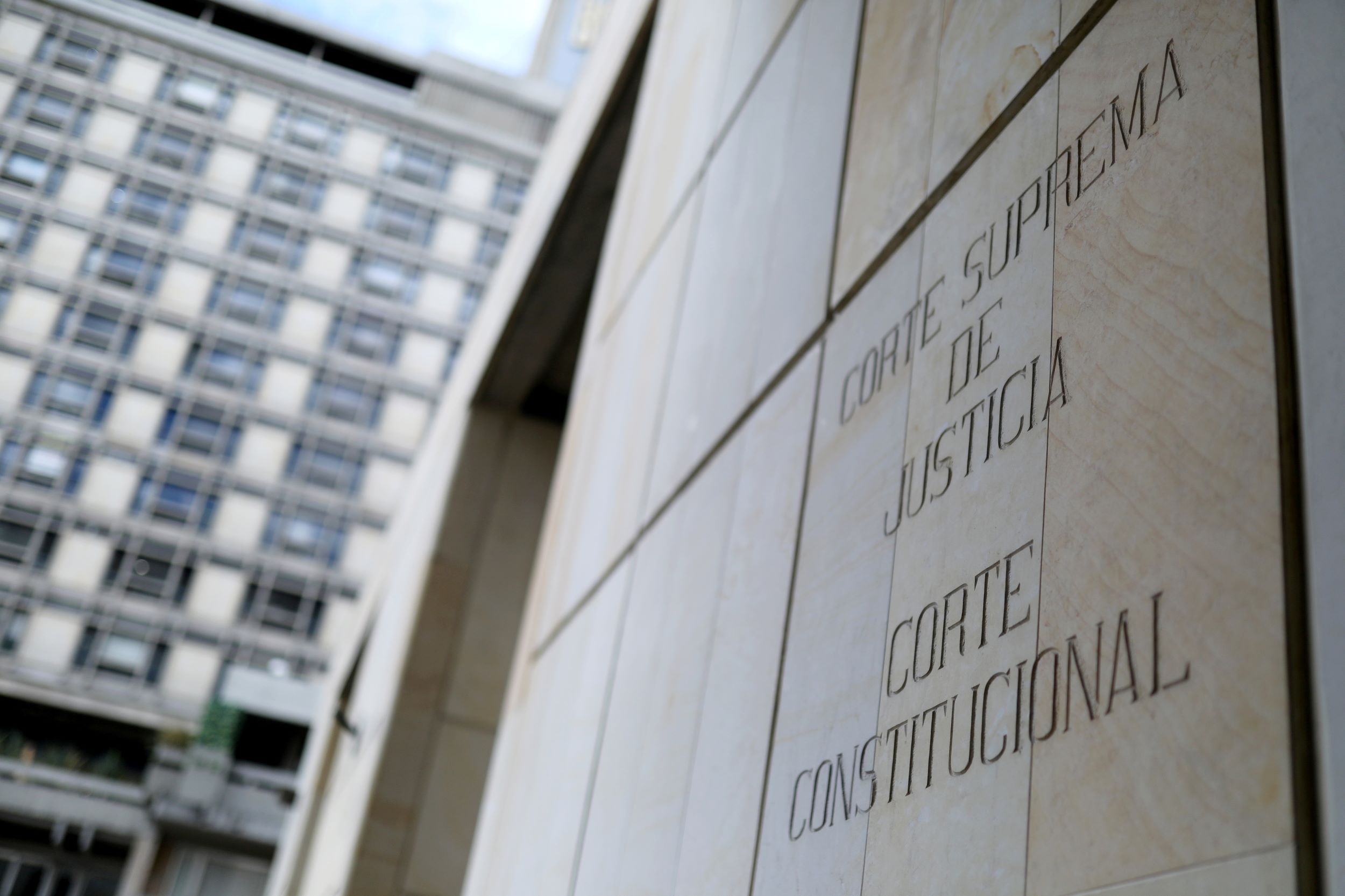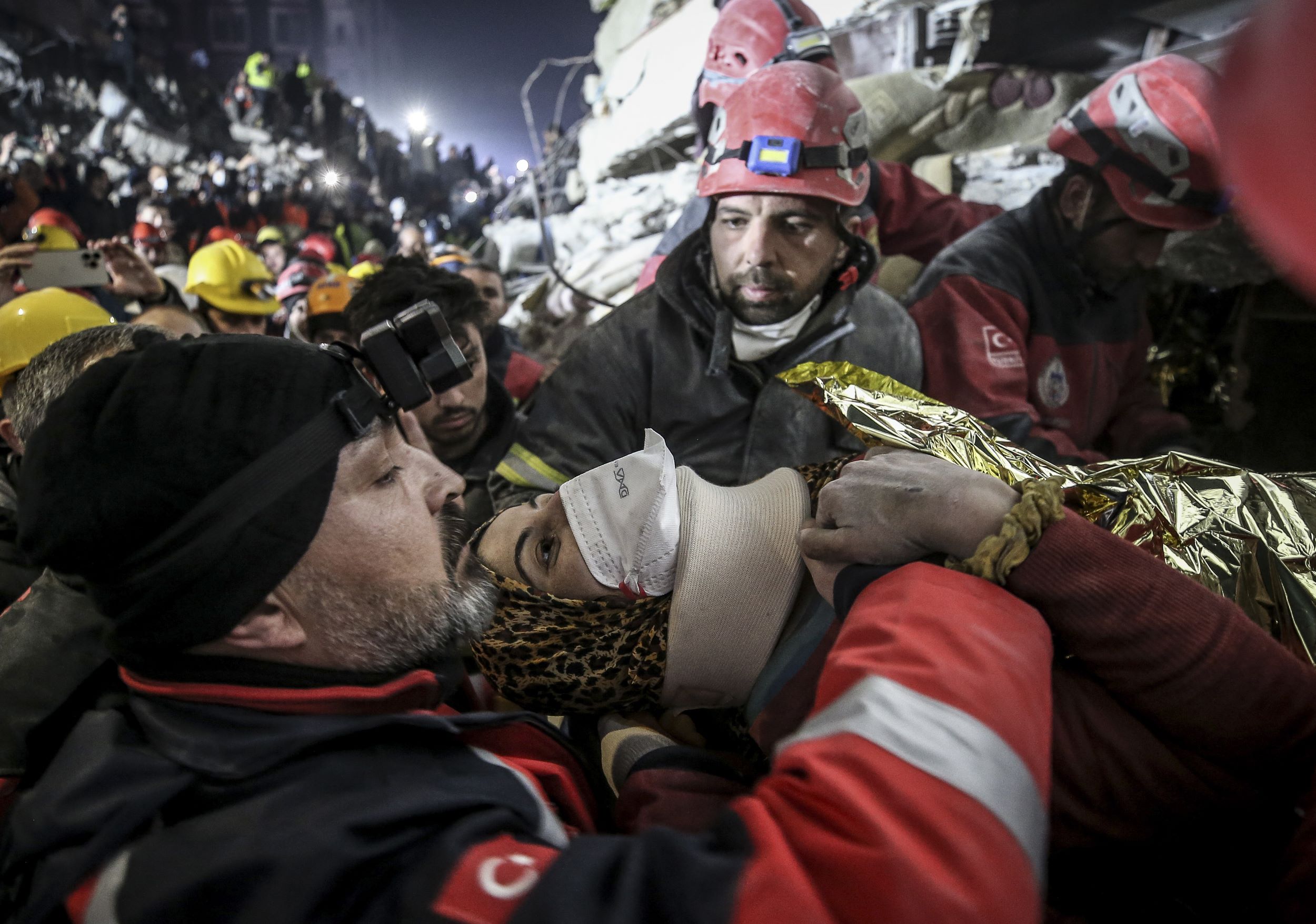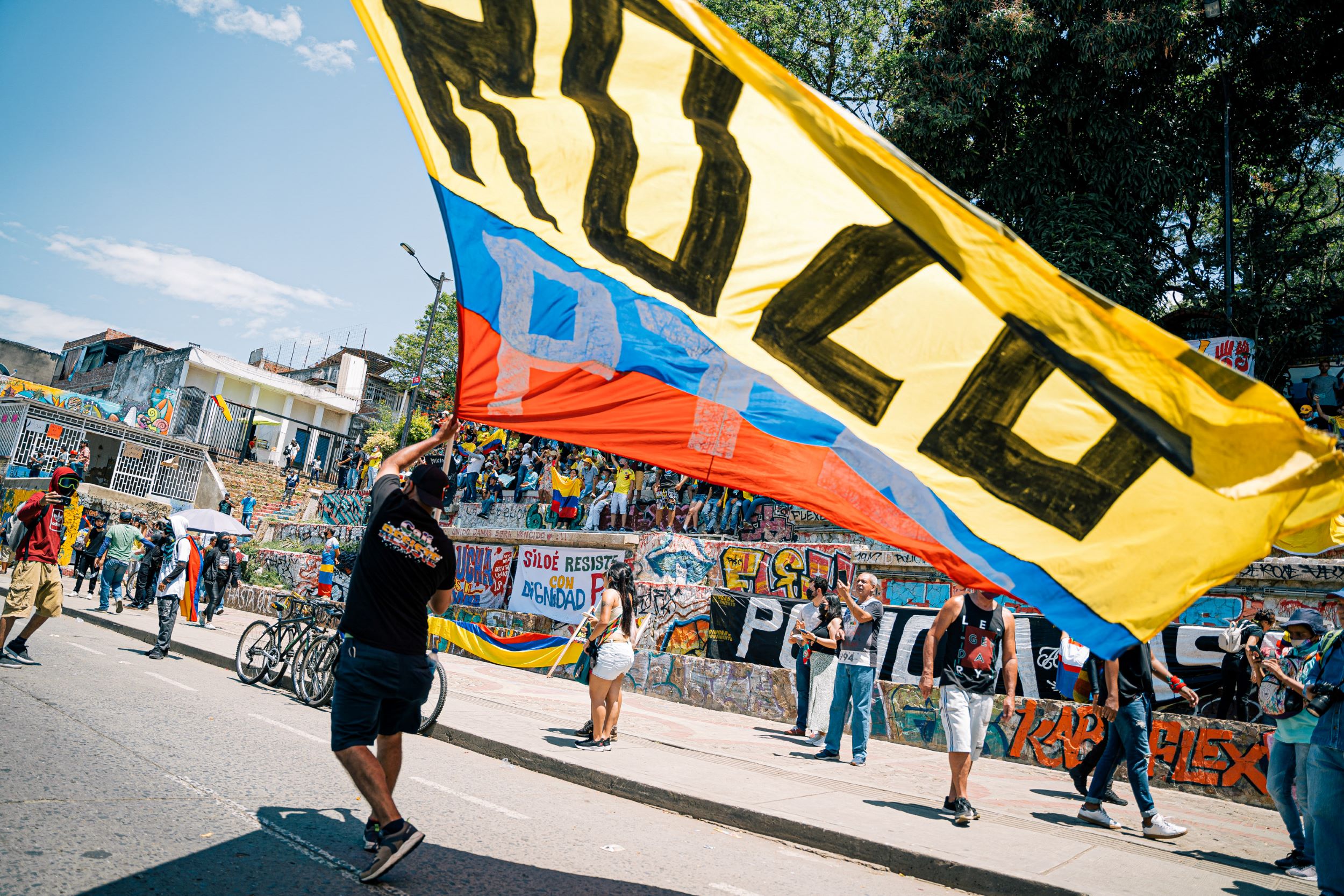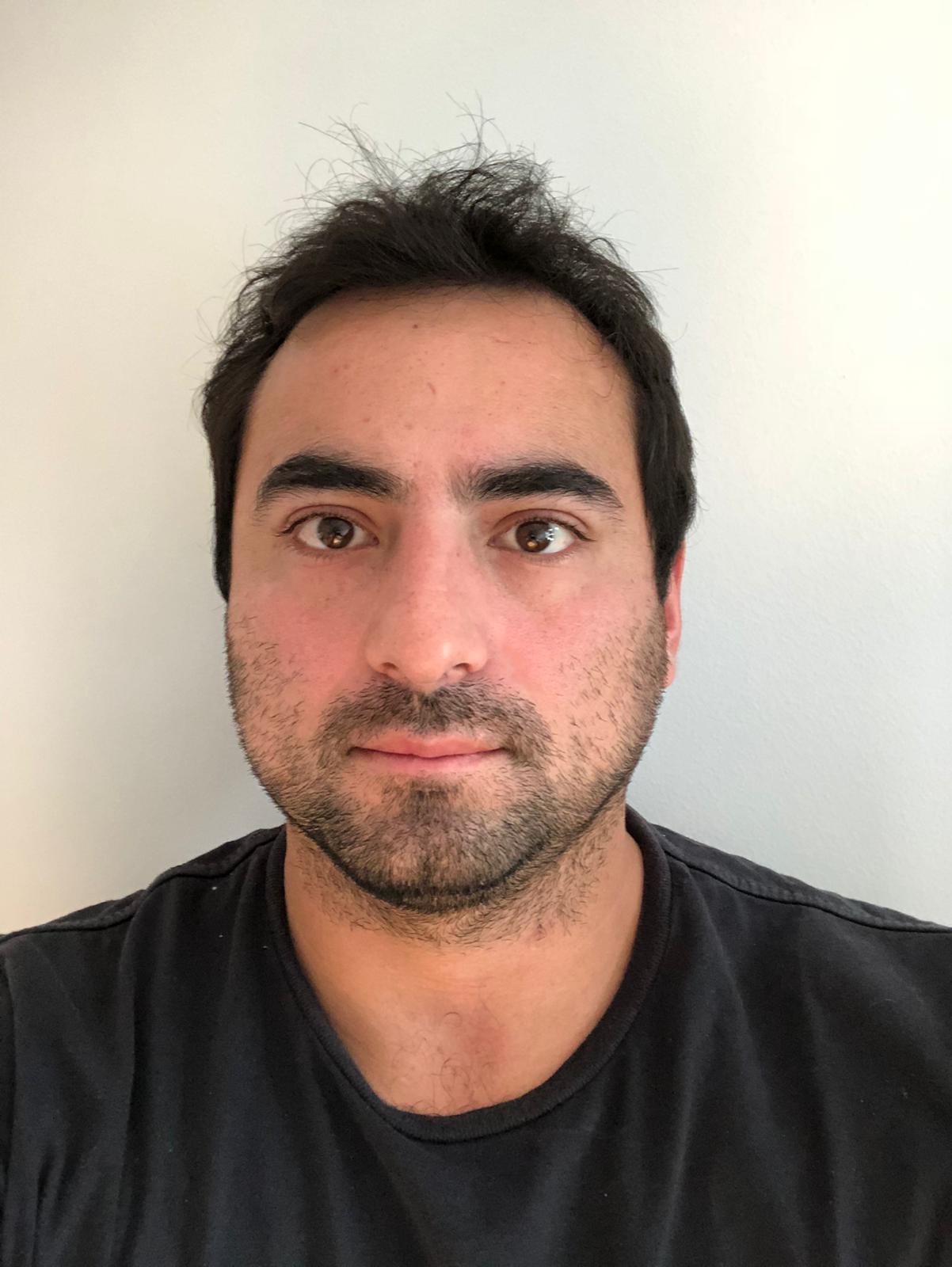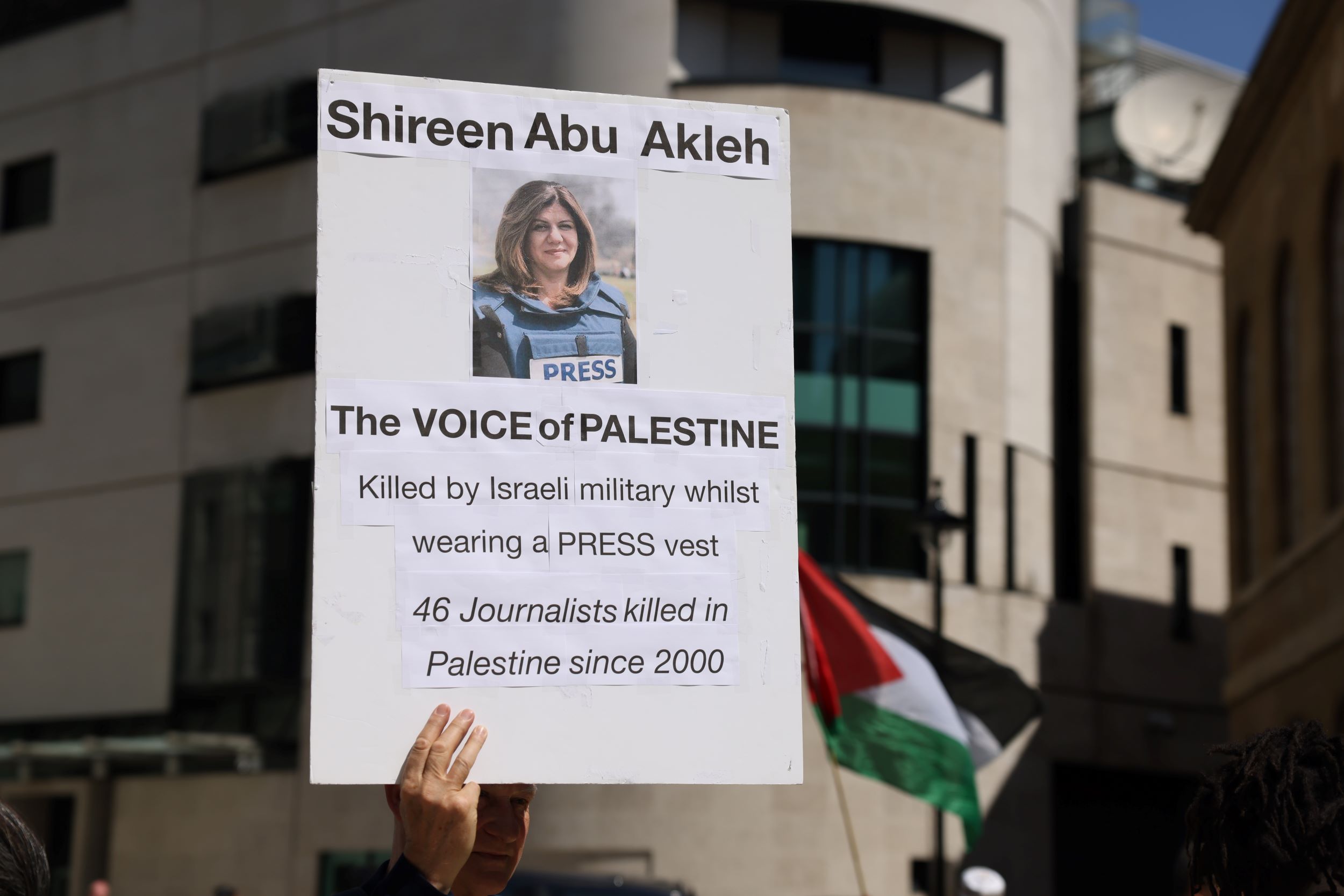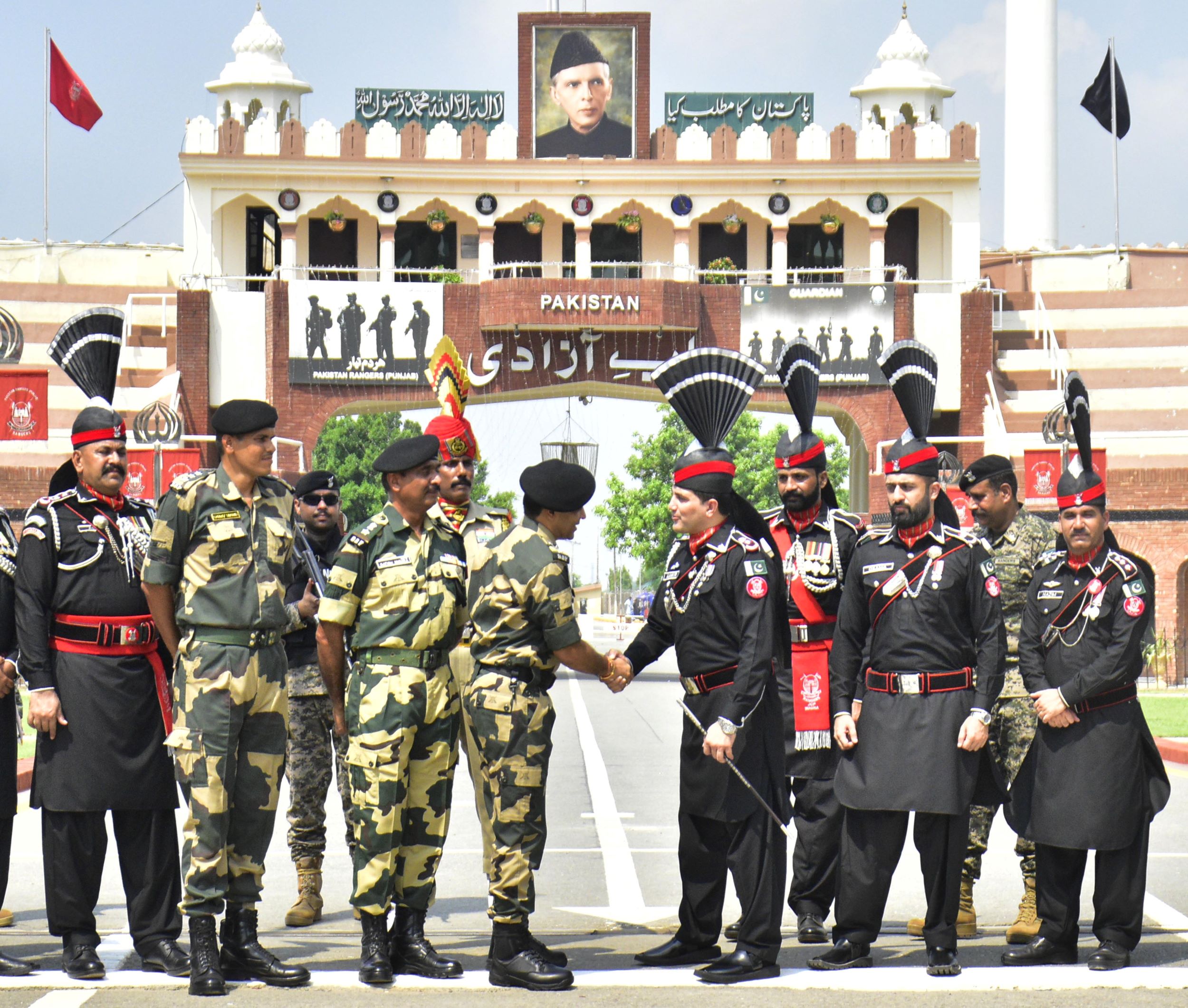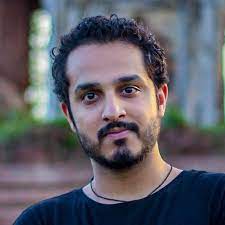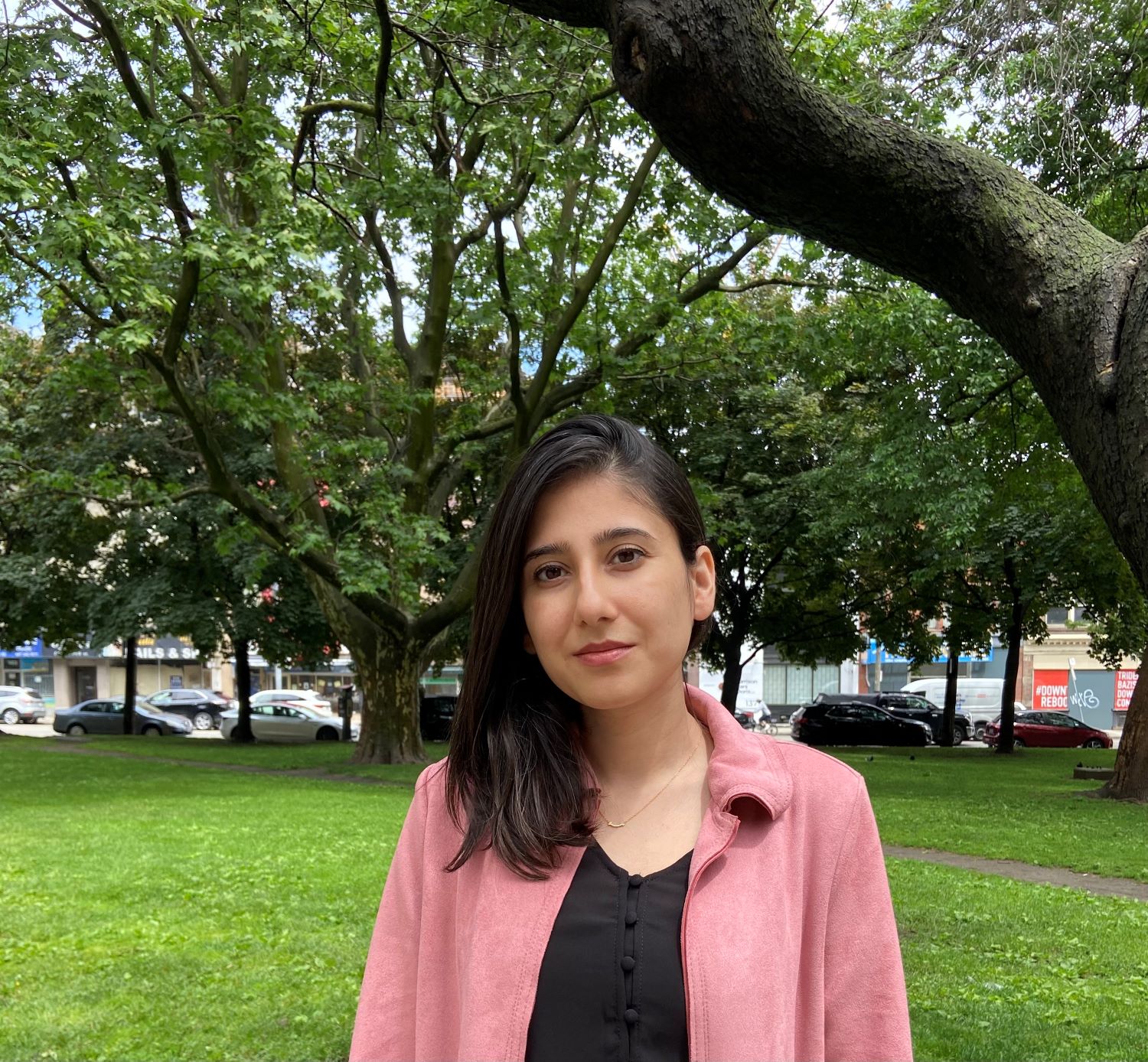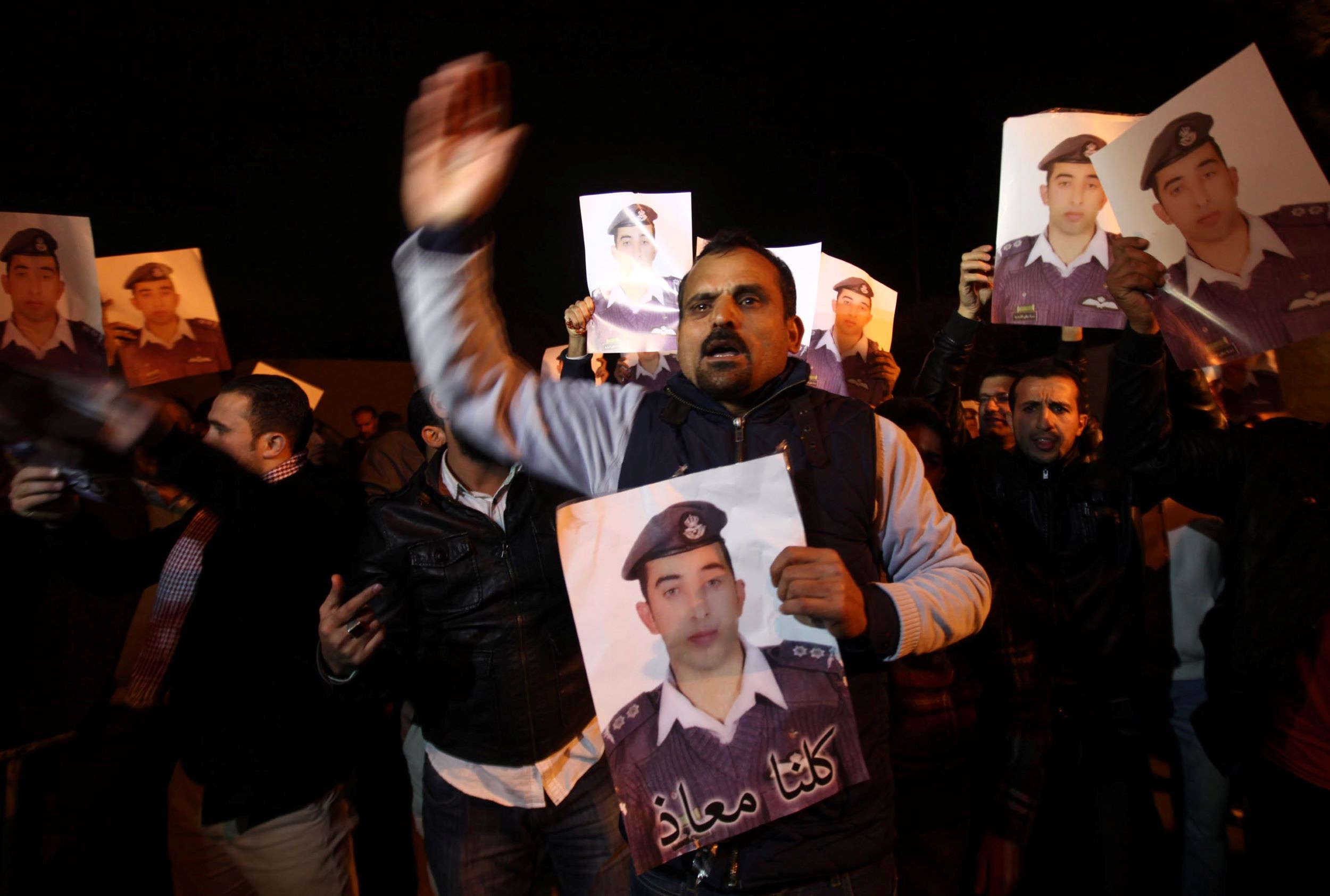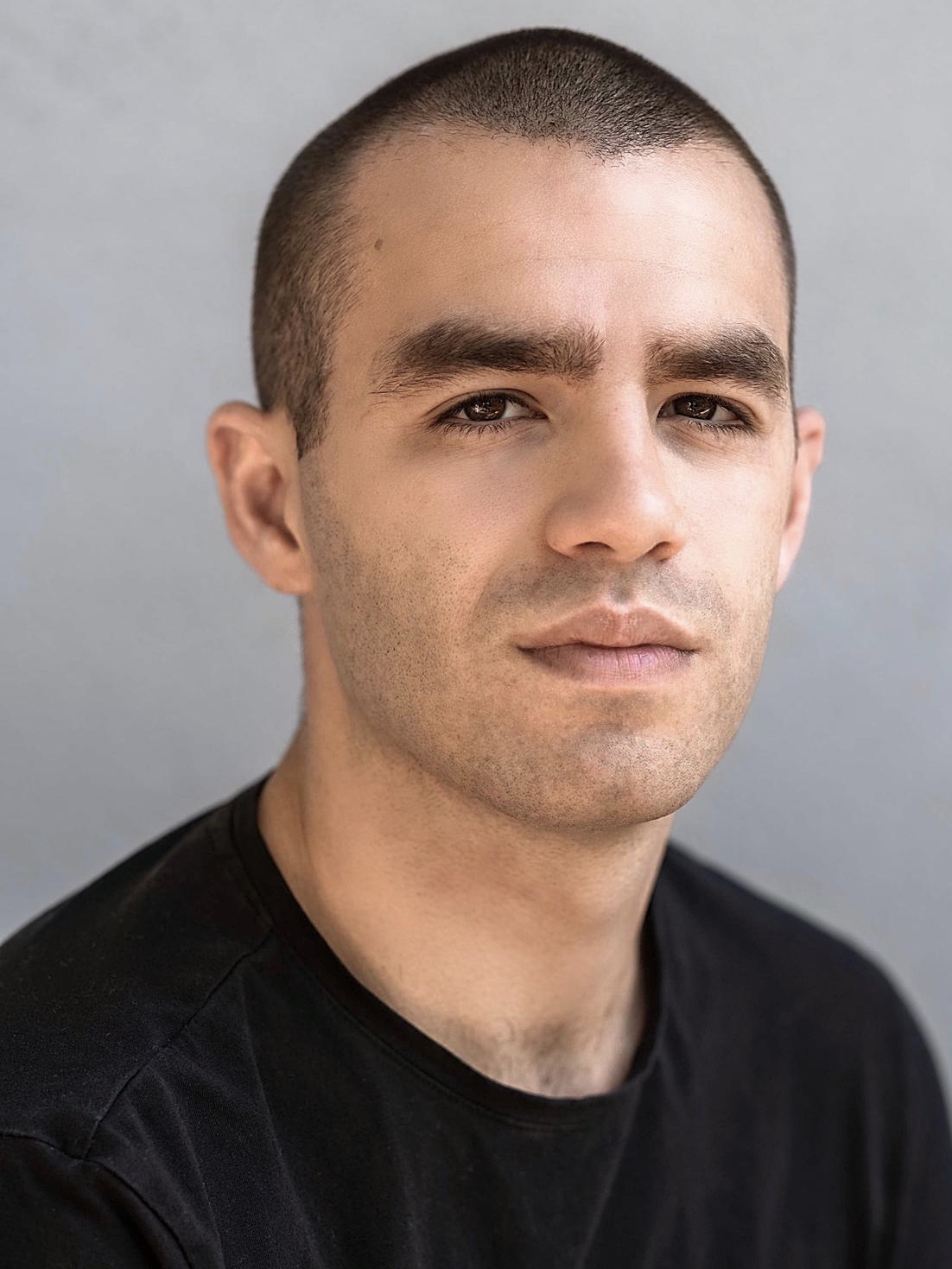ملاحظة المحرر: ينشر هذا المقال باسم مستعار حفاظا على حياة الصحفية مع التأكيد أن هيئة التحرير تحققت من وقائع القصة من مصادر مختلفة.
لم أكن أدري أن مهنتي ستكون سبب معاناتي؛ فقد أحببتها ومارستها بكامل إرادتي، وبشغف بالغ وسط جغرافيا عقيمة تزخر بالديكتاتورية والقمع. نشأت في دولة السودان، داخل مدينتي المكلومة فاشر السلطان، عاصمة ولاية شمال دارفور بغرب السودان. مارست عملي الصحفي بسلاسة إلى أن اندلعت حرب 15 أبريل/ نيسان 2023، لتغير هذه الحرب مسار عملي وتضعني تحت ضغوطٍ بالغة، ورغم ذلك أديت واجبي على أتم وجه، بين العمل الصحفي والإنساني بصفتي متطوعة، وقدّمت تغطياتٍ إخبارية وأنتجت قصصًا إنسانية من واقع الحال لصالح عدد من القنوات الإخبارية المعروفة.
كان تاريخ سقوط المستشفى الجنوبي بمثابة تحولٍ في حياتي الصحفية. في ذلك اليوم، اعتقلت من قبل قوات الدعم السريع في الفاشر، ونُقلت إلى منطقة الكومة شرق المدينة. ولعل أقل ما يمكنني به وصف غرفة الاعتقال بأنها غرفة أشباح مظلمة، متسخة ونتنة، تحوي عشرات الأشخاص بداخلها، كلٌّ منهم يحمل قضية مختلفة. قضيت الليلة بأكملها هناك حتى حل الصباح، لأحول إلى غرفة التحقيق.
تقدّم نحوي اثنان من عناصر الدعم السريع، مشهرين أسلحتهما في وجهي، بابتسامة تنم عن خبث وأسلوب حاد في الكلام. كبّلاني على كرسي مهترئ وبدآ بتوجيه ألفاظ نابية قائلَين: " يا صحفية الفلنقايا"(تعبير محلي يقصد به: يا صحفية النظام البائد)، ثم سددوا لي ضربات موجعة على وجهي وسائر أعضاء جسدي. تعرضت للتعذيب الشديد حتى لم أعد أقوى على الوقوف أو الراحة، ثم ما لبثوا أن رموني باتهامات متواصلة بالانحياز إلى الجيش ونقل الواقع الأليم لإنسان الفاشر. لم تُقدَّم لي أي وجبة طعام خلال 72 ساعة، كنت أشرب الماء الملوث من قارورات مقفلة وسط ضحكاتهم الساخرة.
كان تاريخ سقوط المستشفى الجنوبي بمثابة تحولٍ في حياتي الصحفية. في ذلك اليوم، اعتقلت من قبل قوات الدعم السريع في الفاشر، ونُقلت إلى منطقة الكومة شرق المدينة. ولعل أقل ما يمكنني به وصف غرفة الاعتقال بأنها غرفة أشباح مظلمة، متسخة ونتنة.
مرّت 72 ساعة أخرى على نفس الحال، إلى أن جاء أحدهم برتبة مقدم، وبدأ باستجوابي محاولا مساومتي على العمل لصالح قوات الدعم السريع، قائلاً:
الفرصة أمامك للعمل معنا، وسنوفر لك كل سبل الراحة:
راتب مجزٍ، إقامة خارج السودان، وسكن فاخر. وسنقوم أيضًا بإجلاء أسرتك.. فكّري جيدًا، وأحسبيها صح.
وعندما رفضت، حاول أحدهم اغتصابي بالقوة قائلاً:
الفلنقاية محطة غيار زيت الفلاقنة، وما بتفرق معاك (تعبير محلي يستخدم للحط من شرف المرأة).
وقعت هذه الكلمات على مسمعي كالصاعقة، وأنا أرى الغضب يحتقن في وجهه، قبل أن يبصق على وجهي وأنا جالسة مكبّلة على كرسي، لا حول لي ولا قوة. التزمت الصمت، وكظمت الأذى، وآثرت الحوقلة. عندها قال له أحد رفاقه:
"خليها نقتلها أحسن ونرميها تتعفن". لقد كان تهديدا صريحا بالقتل.
تقدّم نحوي اثنان من عناصر الدعم السريع، مشهرين أسلحتهما في وجهي، بابتسامة تنم عن خبث وأسلوب حاد في الكلام. كبّلاني على كرسي مهترئ وبدآ بتوجيه ألفاظ نابية قائلَين: " يا صحفية الفلنقايا"(تعبير محلي يقصد به: يا صحفية النظام البائد)، ثم سددوا لي ضربات موجعة على وجهي وسائر أعضاء جسدي.
قضيت شهرًا كاملا داخل المعتقل، أتناول فتات الخبز المتعفن أحيانا، والعدس المطبوخ بكربونات الصوديوم، وأشرب الماء الملوث. كنت أقضي حاجتي – أكرمكم الله – داخل الغرفة نفسها. أحيانا كنا نتسامر أنا وبعض المعتقلات، نحكي لبعضنا رواياتنا وآمالنا التي ضاعت، ونفكر معا في الغد، ونتساءل: ماذا سيحدث لنا؟
انتهى بي المطاف بعد مرور شهر، بقدوم مقدم آخر من قوّاتهم يعرفني معرفة شخصية، وبعد أن ألقى التحية، بدأ حديثا قال فيه:
" إما أن تختاري الانضمام إلينا، فأنتِ منا وفينا بحكم القبيلة والسحنة، أو نطلق سراحك مقابل فدية مالية قدرها 1500 دولار".
سمحوا لي بعدها باستخدام الهاتف للاتصال بعائلتي، فتواصلت مع والدتي وأشقائي. دفع مبلغ الفدية المطلوب، وأُفرج عني مقابل هذه الفدية، وسط تهديداتٍ متكررة بعدم ممارسة أي تغطية داخل الفاشر أو البقاء فيها.
لم أستسلم. عدت بعدها إلى مدينة الفاشر وواصلت عملي الصحفي والإنساني، لكن ظروفي الصحية لم تسمح لي بالاستمرار، إذ تم تشخيصي بمرض الروماتويد، وهو مرض مزمن يضعف جهاز المناعة. ضعفت مناعتي جدًا، فتوجهت إلى ولاية أخرى ومنها إلى دولة مجاورة كلاجئة، لكنني لم أجد هناك بيئة مناسبة للعمل، كما أن ظروفي الصحية والمادية لم تسمح لي بالبقاء، فغادرت عائدة إلى السودان، وآثرت البقاء في ولاية قريبة من مدينتي، أشارك أهلي العمل الخيري، وما زلت حتى الآن أواصل التغطية الخبرية ونقل ما يجري داخل الفاشر.
وقعت هذه الكلمات على مسمعي كالصاعقة، وأنا أرى الغضب يحتقن في وجهه، قبل أن يبصق على وجهي وأنا جالسة مكبّلة على كرسي، لا حول لي ولا قوة. التزمت الصمت، وكظمت الأذى، وآثرت الحوقلة. عندها قال له أحد رفاقه:
"خليها نقتلها أحسن ونرميها تتعفن". لقد كان تهديدا صريحا بالقتل.
لم يسلم أهلي من المواجهة والانتقام، ففي إقليم دارفور لدى قوات الدعم السريع، "الوازرة تزر وزر أخرى". تعرّض شقيقي الأكبر للضرب والتنكيل فقط لأنه شقيقي، في محاولة لإجباره على الاعتراف بمكاني، مما اضطرهم إلى الفرار خارج السودان، ولا يستطيعون العودة حتى الآن، خاصة بعد سقوط المدينة بيد قوات الدعم السريع.
ما أود قوله للعالم أجمع هو أن الصحافة مهنة حرة، وليست جريمة يُعاقَب عليها من يمارسها.
اليوم أقف عاجزة عن معرفة مصير زملائي الصحفيين الميدانيين، ومن بينهم زميلي معمر إبراهيم، المعتقل لدى قوات الدعم السريع، ولا أدري ما وضعه الآن.
وبناءً على تجربتي القاسية في المعتقل، أرسل نداء إلى الجهات المختصة والاتحاد الدولي للصحفيين بضرورة تفعيل قانون حماية الصحفيين بشكل واقعي، وأدعو المجتمع الدولي إلى مناصرة زميلي معمر، والحث على الإفراج عنه إن كان على قيد الحياة، والبحث عن مصير زملائي المجهولين.



